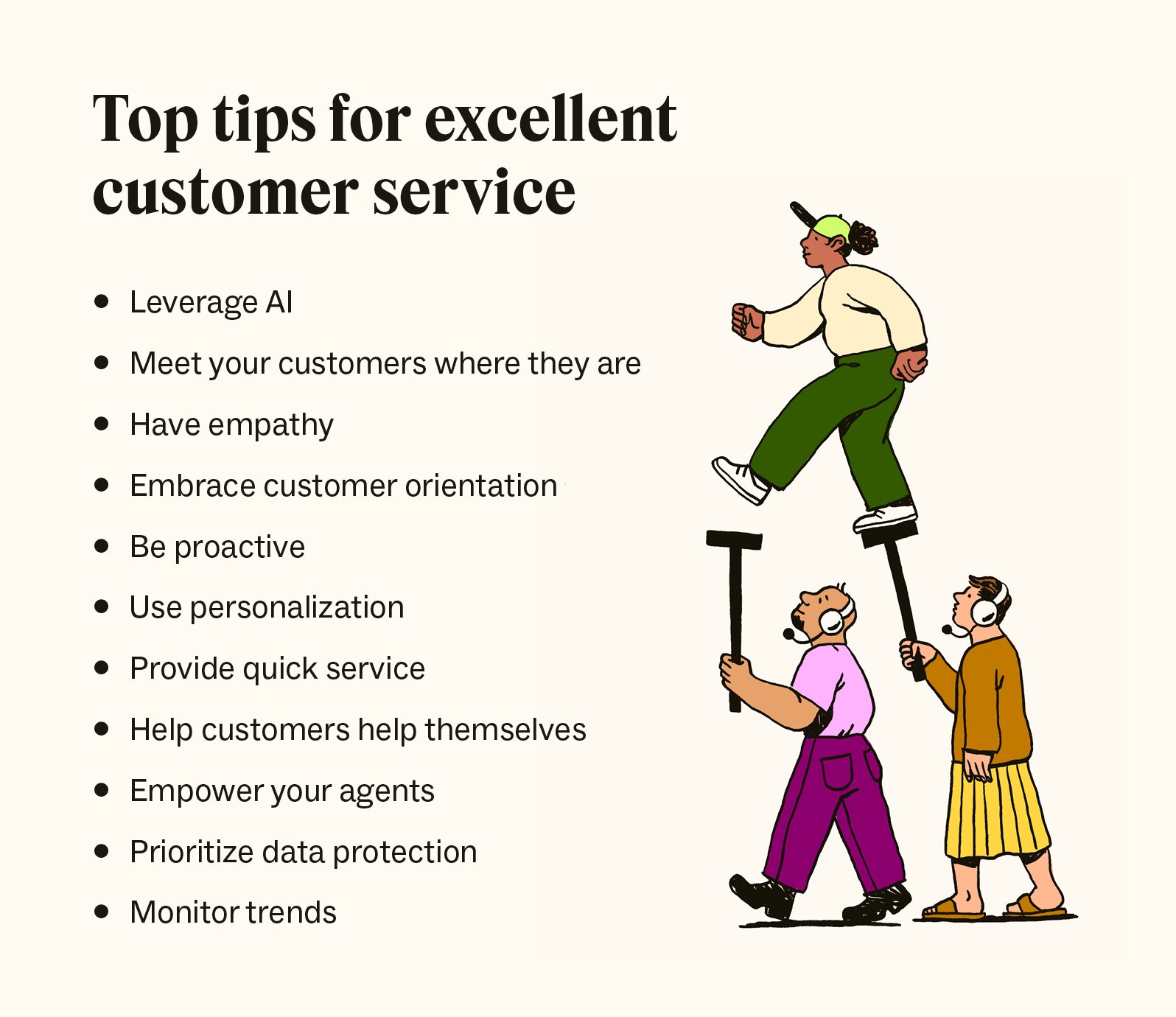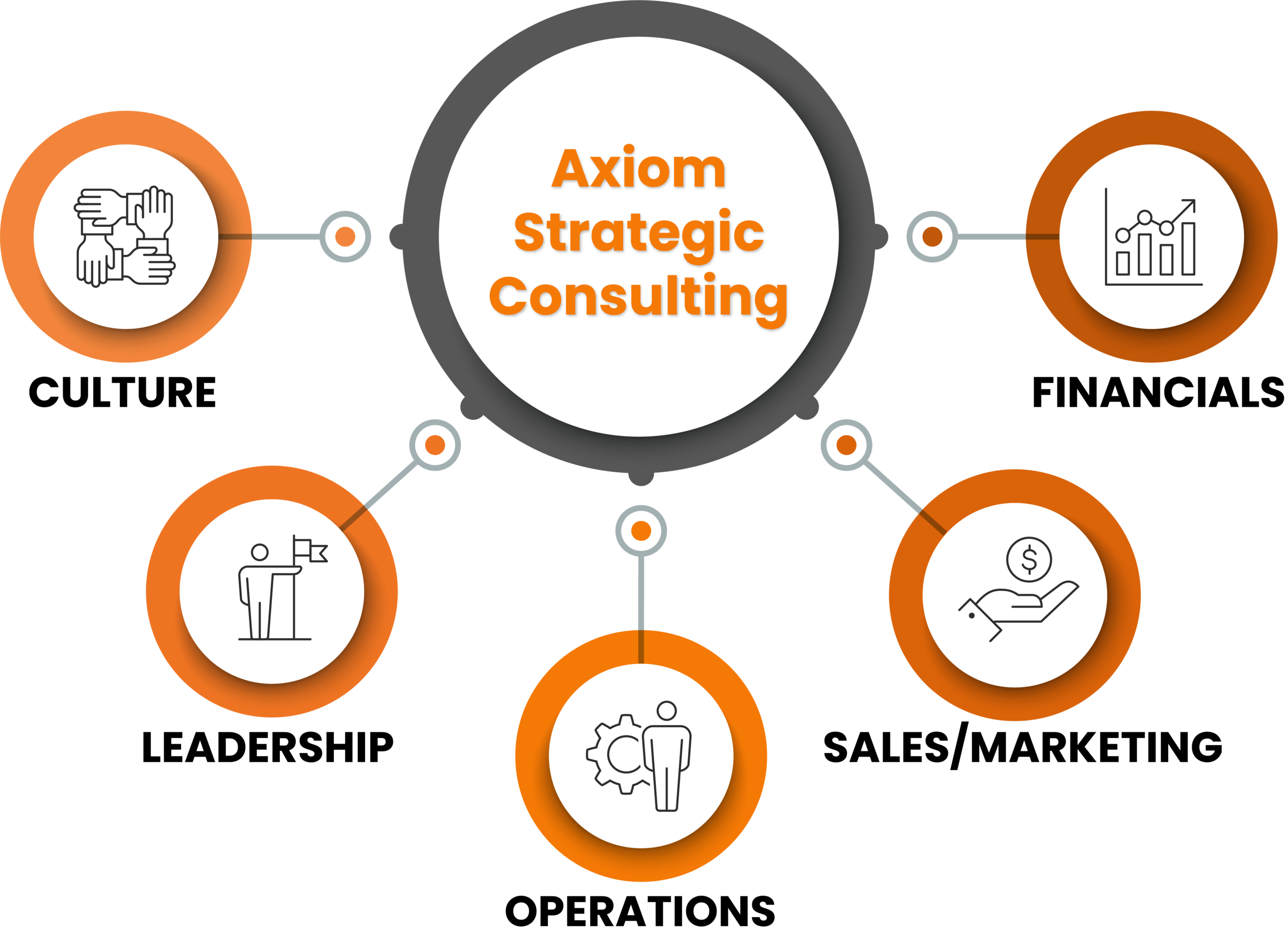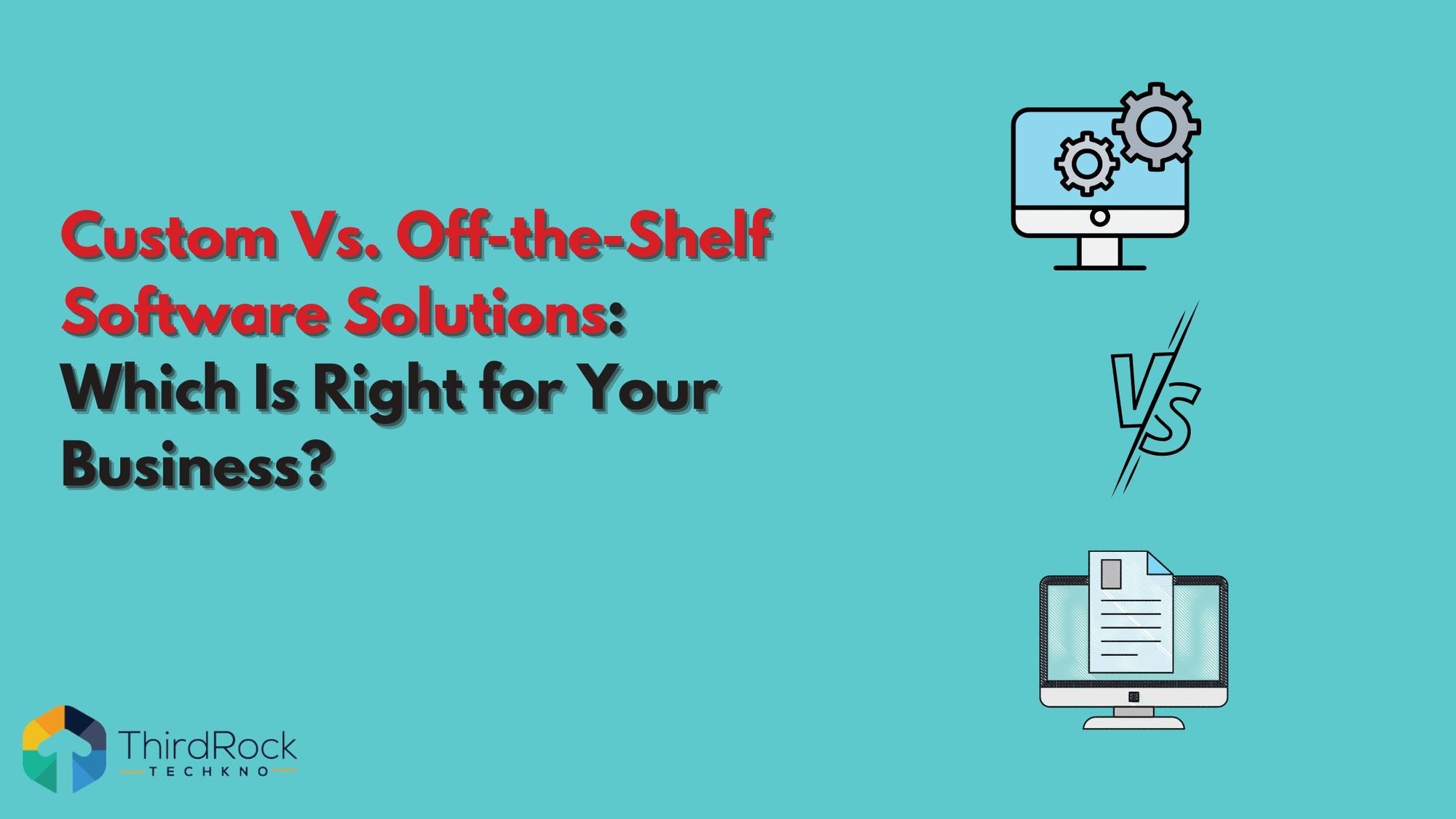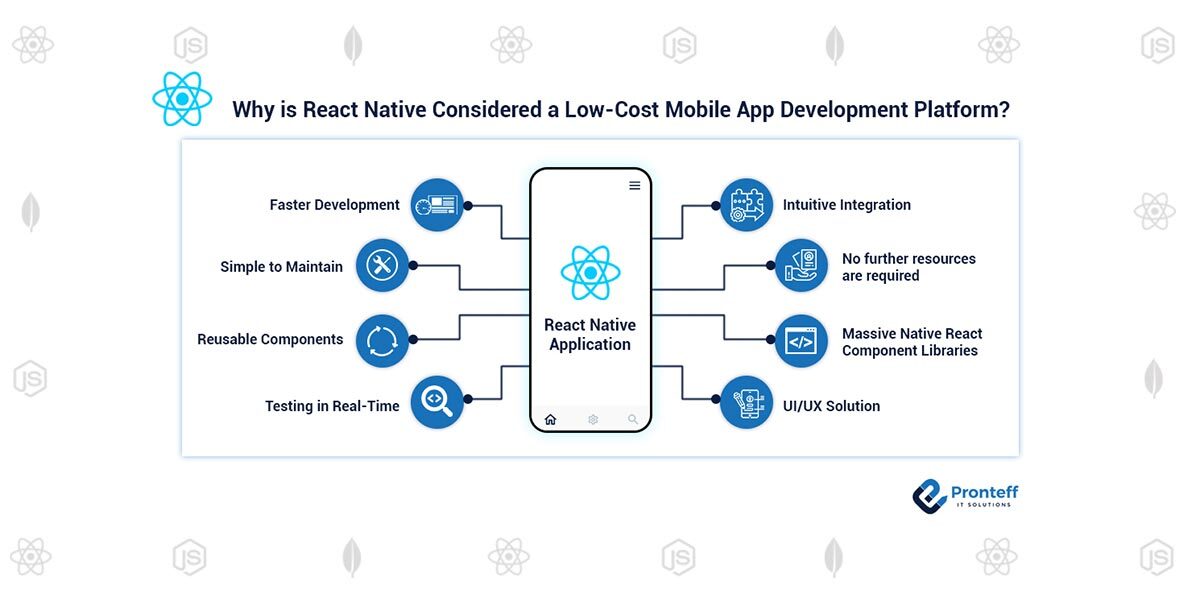Unleashing the Power of Turing AI: Revolutionizing Artificial Intelligence
Turing AI: Revolutionizing the Future of Artificial Intelligence
Named after the legendary mathematician and computer scientist Alan Turing, Turing AI represents a significant leap forward in the field of artificial intelligence. Designed to emulate human-like intelligence, Turing AI aims to push the boundaries of what machines can achieve.
The Legacy of Alan Turing
Alan Turing is often regarded as the father of modern computing and artificial intelligence. His groundbreaking work during World War II, particularly his role in cracking the Enigma code, laid the foundation for future advancements in computer science. The concept of a “Turing Test,” proposed by Turing in 1950, remains a benchmark for evaluating a machine’s ability to exhibit intelligent behavior indistinguishable from that of a human.
What is Turing AI?
Turing AI is an advanced artificial intelligence system designed to enhance machine learning capabilities. By integrating sophisticated algorithms and computational models, it seeks to improve decision-making processes across various industries. From healthcare to finance, Turing AI has the potential to transform how businesses operate and make data-driven decisions.
Key Features
- Natural Language Processing (NLP): Turing AI excels in understanding and generating human language, enabling more intuitive interactions between humans and machines.
- Machine Learning: With powerful machine learning capabilities, Turing AI can analyze vast amounts of data quickly and accurately, providing valuable insights.
- Adaptability: The system is designed to learn from new data continuously, adapting its algorithms to improve performance over time.
- Cognitive Computing: By mimicking human thought processes, Turing AI can solve complex problems that require reasoning and pattern recognition.
Applications Across Industries
Turing AI’s versatility makes it applicable across numerous sectors:
- Healthcare: In medical diagnostics, Turing AI assists doctors by analyzing patient data and suggesting treatment options based on historical outcomes.
- Finance: Financial institutions use Turing AI for fraud detection and risk assessment by identifying unusual patterns in transaction data.
- E-commerce: Retailers leverage its capabilities for personalized recommendations and customer service automation.
- Agriculture: Farmers utilize predictive analytics powered by Turing AI for optimizing crop yields based on weather patterns and soil conditions.
The Future of Artificial Intelligence
The development of Turing AI marks a pivotal moment in the evolution of artificial intelligence. As technology continues to advance at an unprecedented rate, systems like Turing AI will play an increasingly vital role in shaping our world. From enhancing productivity to solving global challenges, the potential applications are limitless.
Together with ongoing research and innovation, Turing AI promises a future where intelligent machines work alongside humans to create smarter solutions for everyday problems. The legacy of Alan Turing lives on as we continue exploring new frontiers in artificial intelligence.
Together with ongoing research and innovation, Turing AI promises a future where intelligent machines work alongside humans to create smarter solutions for everyday problems. The legacy of Alan Turing lives on as we continue exploring new frontiers in artificial intelligence.
Understanding Turing AI: Key Features, Industry Applications, and Its Impact on Machine Learning
- What is Turing AI and how does it work?
- What are the key features of Turing AI?
- How is Turing AI different from other artificial intelligence systems?
- What industries can benefit from implementing Turing AI?
- Can Turing AI understand and generate human language effectively?
- How does Turing AI contribute to advancements in machine learning?
- Is there a practical application of Turing AI that has made a significant impact?
What is Turing AI and how does it work?
Turing AI is an advanced artificial intelligence system designed to emulate human-like intelligence and enhance machine learning capabilities. It works by integrating sophisticated algorithms and computational models to analyze vast amounts of data, enabling it to make informed decisions and provide valuable insights. Turing AI excels in natural language processing, allowing for intuitive interactions between humans and machines. It continuously learns from new data, adapting its algorithms to improve performance over time. By mimicking human cognitive processes, Turing AI can solve complex problems that require reasoning and pattern recognition, making it applicable across various industries such as healthcare, finance, e-commerce, and agriculture.
What are the key features of Turing AI?
Turing AI is distinguished by several key features that enhance its capabilities and versatility. At the forefront is its advanced Natural Language Processing (NLP), which allows it to understand and generate human language, facilitating seamless interaction between humans and machines. Additionally, Turing AI boasts robust machine learning capabilities, enabling it to analyze vast amounts of data swiftly and accurately, providing valuable insights for decision-making. Its adaptability is another critical feature; the system continuously learns from new data, refining its algorithms to improve performance over time. Furthermore, Turing AI incorporates cognitive computing techniques that mimic human thought processes, allowing it to tackle complex problems requiring reasoning and pattern recognition. These features collectively empower Turing AI to drive innovation across various industries.
How is Turing AI different from other artificial intelligence systems?
Turing AI distinguishes itself from other artificial intelligence systems through its advanced integration of natural language processing, machine learning, and cognitive computing capabilities. Unlike traditional AI models that may focus on specific tasks, Turing AI is designed to mimic human-like intelligence by continuously learning and adapting its algorithms based on new data. This adaptability allows it to provide more accurate insights and solutions across various applications. Additionally, Turing AI’s emphasis on understanding and generating human language enables more intuitive interactions between humans and machines, setting it apart in fields that require sophisticated communication and decision-making processes.
What industries can benefit from implementing Turing AI?
Turing AI has the potential to revolutionize a wide range of industries by enhancing efficiency and decision-making processes. In healthcare, it can assist in diagnosing diseases and personalizing treatment plans through advanced data analysis. The finance sector can benefit from Turing AI’s ability to detect fraud and assess risks more accurately. In retail, it can improve customer experiences by providing personalized recommendations and optimizing inventory management. The manufacturing industry can utilize Turing AI for predictive maintenance and quality control, reducing downtime and costs. Additionally, sectors like agriculture, logistics, and education can leverage its capabilities for precision farming, supply chain optimization, and personalized learning experiences respectively. Overall, Turing AI’s adaptability makes it a valuable asset across various fields seeking innovation and improved operational outcomes.
Can Turing AI understand and generate human language effectively?
Turing AI is designed with advanced natural language processing (NLP) capabilities, enabling it to understand and generate human language effectively. By leveraging sophisticated algorithms, Turing AI can interpret context, detect nuances, and respond in a manner that closely mimics human communication. This allows for more intuitive interactions between users and machines, making it possible for Turing AI to engage in meaningful conversations, provide accurate information, and perform tasks based on verbal or written commands. Its ability to process and analyze vast amounts of linguistic data ensures that it continuously improves its language comprehension and generation skills over time.
How does Turing AI contribute to advancements in machine learning?
Turing AI significantly contributes to advancements in machine learning by enhancing the ability of systems to learn from data more efficiently and accurately. By employing sophisticated algorithms and models, Turing AI can process vast amounts of information, identify patterns, and make predictions with improved precision. Its adaptability allows it to continuously refine its algorithms based on new data, leading to more robust learning outcomes. Additionally, Turing AI’s integration of natural language processing enables better interpretation and generation of human language, facilitating more intuitive human-machine interactions. This combination of advanced capabilities not only accelerates the development of machine learning technologies but also expands their applicability across various industries, driving innovation and improving decision-making processes.
Is there a practical application of Turing AI that has made a significant impact?
Turing AI has made a significant impact in the healthcare industry, particularly in medical diagnostics. By leveraging advanced machine learning algorithms and natural language processing, Turing AI can analyze large volumes of patient data to assist doctors in diagnosing diseases more accurately and efficiently. For example, it can identify patterns in medical images that might be missed by the human eye, leading to earlier detection of conditions such as cancer. This capability not only enhances diagnostic accuracy but also improves patient outcomes by enabling timely interventions. The integration of Turing AI into healthcare systems exemplifies its practical application and transformative potential in real-world scenarios.










